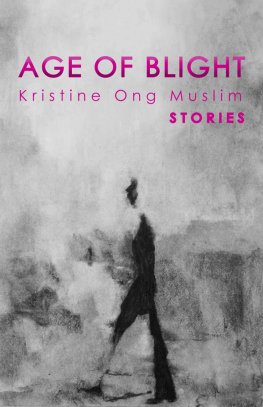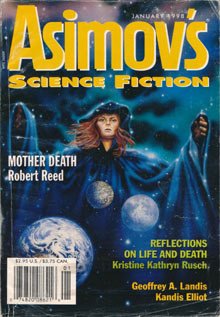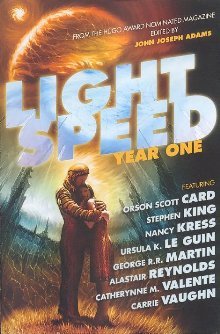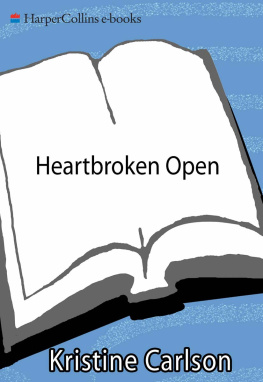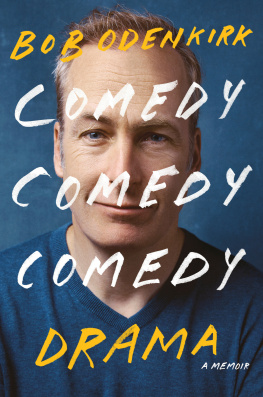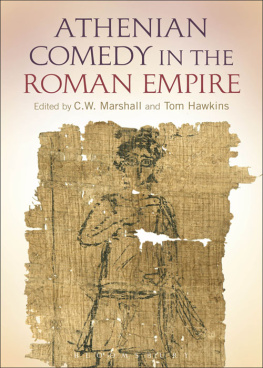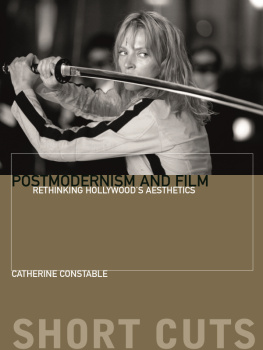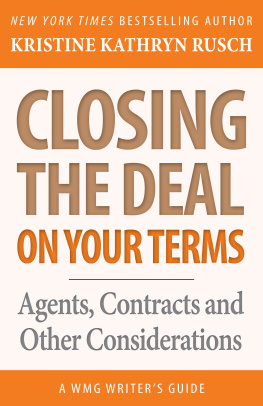Kristine Brunovska Karnick - Classical Hollywood Comedy
Here you can read online Kristine Brunovska Karnick - Classical Hollywood Comedy full text of the book (entire story) in english for free. Download pdf and epub, get meaning, cover and reviews about this ebook. year: 2016, publisher: Taylor & Francis, genre: Romance novel. Description of the work, (preface) as well as reviews are available. Best literature library LitArk.com created for fans of good reading and offers a wide selection of genres:
Romance novel
Science fiction
Adventure
Detective
Science
History
Home and family
Prose
Art
Politics
Computer
Non-fiction
Religion
Business
Children
Humor
Choose a favorite category and find really read worthwhile books. Enjoy immersion in the world of imagination, feel the emotions of the characters or learn something new for yourself, make an fascinating discovery.

- Book:Classical Hollywood Comedy
- Author:
- Publisher:Taylor & Francis
- Genre:
- Year:2016
- Rating:3 / 5
- Favourites:Add to favourites
- Your mark:
- 60
- 1
- 2
- 3
- 4
- 5
Classical Hollywood Comedy: summary, description and annotation
We offer to read an annotation, description, summary or preface (depends on what the author of the book "Classical Hollywood Comedy" wrote himself). If you haven't found the necessary information about the book — write in the comments, we will try to find it.
Classical Hollywood Comedy — read online for free the complete book (whole text) full work
Below is the text of the book, divided by pages. System saving the place of the last page read, allows you to conveniently read the book "Classical Hollywood Comedy" online for free, without having to search again every time where you left off. Put a bookmark, and you can go to the page where you finished reading at any time.
Font size:
Interval:
Bookmark:

HOLLYWOOD
COMEDY
a series edited by
Edward Branigan and Charles Wolfe
E. Ann Kaplan, editor
Jane Gaines and Charlotte Herzog, editors
Rick Altman, editor
Jim Collins, Hilary Radner, and Ava Preacher Collins, editors
Michael Renov, editor
Manthia Diawara, editor
Eric Smoodin, editor
P.O. Box 27999
2021 North Western Avenue
1-0s Angeles, California 90027

270 Madison Ave,
New York NY 10016
2 Park Square, Milton Park,
Abingdon, Oxon, OX14 4RN
p. cm.(AFI film readers)
Includes bibliographical references.
1. Comedy filmsUnited StatesHistory and criticism.
I. Karnick, Kristine Brunovska,. II. Jenkins, Henry,.
III. Series.
PN1995.9.C55C561994
791.43617dc2094-3859
The publisher has gone to great lengths to ensure the quality of this reprint but points out that some imperfections in the original may be apparent.
| Henry Jenkins and Kristine Brunovska Karnick |
| 1. |
| Frank Krutnik |
| 2. |
| Kathleen Rowe |
| 3. |
| Kristine Brunovska Karnick and Henry Jenkins |
| 4. |
| Tom Gunning |
| 5. |
| Donald Crafton |
| 6. |
| Tom Gunning |
| 7. |
| Kristine Brunovska Karnick |
| 8. |
| Henry Jenkins and Kristine Brunovska Karnick |
| 9. |
| Douglas Riblet |
| 10. |
| Peter Kramer |
| 11. |
| Ramona Curry |
| 12. |
| Henry Jenkins |
| 13. |
| Kristine Brunovska Karnick and Henry Jenkins |
| 14. |
| Charles Musser |
| 15. |
| Tina Olsin Lent |
| 16. |
| Alexander Doty |
Font size:
Interval:
Bookmark:
Similar books «Classical Hollywood Comedy»
Look at similar books to Classical Hollywood Comedy. We have selected literature similar in name and meaning in the hope of providing readers with more options to find new, interesting, not yet read works.
Discussion, reviews of the book Classical Hollywood Comedy and just readers' own opinions. Leave your comments, write what you think about the work, its meaning or the main characters. Specify what exactly you liked and what you didn't like, and why you think so.

